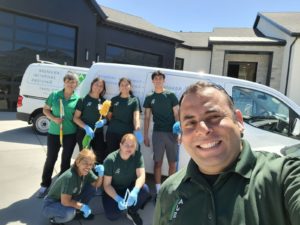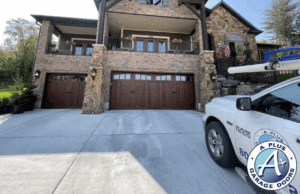Many people often consider investing their finances into real estate, because property can be a great way to amplify savings. However, not everyone has what it takes to become a real estate guru.
What makes the likes of Sajan Hansji stand out from real estate rivals is the ability to identify high, low and moderate risks, as well as recognizing the best locations for a project. Creating a career in real estate is anything but easy, but if you are not afraid of hard work, are filled with passion and have the financial capital at your disposal, investing in commercial real estate is certainly worth a consideration.
Be Prepared
If you are wanting to get into the real estate game, the first thing you need to do is get informed. One of the best ways to do this is to check out this Florida real estate course online. It makes it easy and convenient because anyone with a computer can check it out!
Think Like a Professional
If you want to succeed in commercial real estate, you must start thinking like a professional. Unlike residential properties, a commercial real estate’s income is determined by its square footage. For example, you can earn more money by renting out a block of apartments over just one. It is simple math.
Most real estate professionals can easily identify a great investment opportunity, and will commonly commit to a project if they have an exit strategy in place – so they know they can walk away from a deal if it is no longer right for their needs. A pro will also pay close attention to the little details, looking out for structural damage that may require costly repairs.
Create a Plan
If you plan to become a real estate guru, you must create a plan of action. For example, if you plan to invest in a new hotel, you must first learn how much the property will cost, identify a hotel room pricing structure, determine how much you need to pay and identify how much return you may make from the investment.
Risk Over Reward
If you are considering an investment in commercial real estate, you should evaluate high risk to low risk opportunities. Every real estate venture will come with a certain amount of risk, so it is up to you to decide whether you want to opt for a more stable opportunity with a lower return on investment (ROI), a moderate risk with a slightly higher ROI or a high-risk investment that could provide a superb reward.
The risk is often much lower if a building is currently in operation and is generating a regular income, because you will have a business strategy to work from, such as an established hotel or office space.
Evaluate an Area
A property might look good on paper. It might be aesthetically pleasing, have no structural issues and be within your real estate budget, but the neighbourhood could be letting the building down.
You must evaluate a commercial property before you sign on the dotted line. Talk to the neighbours to get a feel for the area, visit open houses to learn more about the property market and simply walk around the neighbourhood to see if it is the right fit for a commercial venture.




